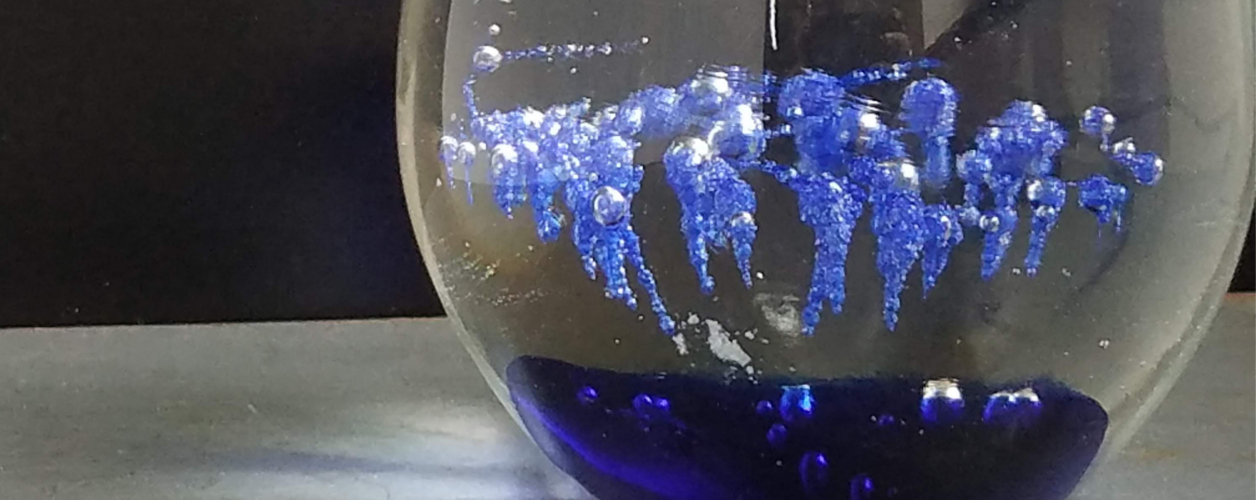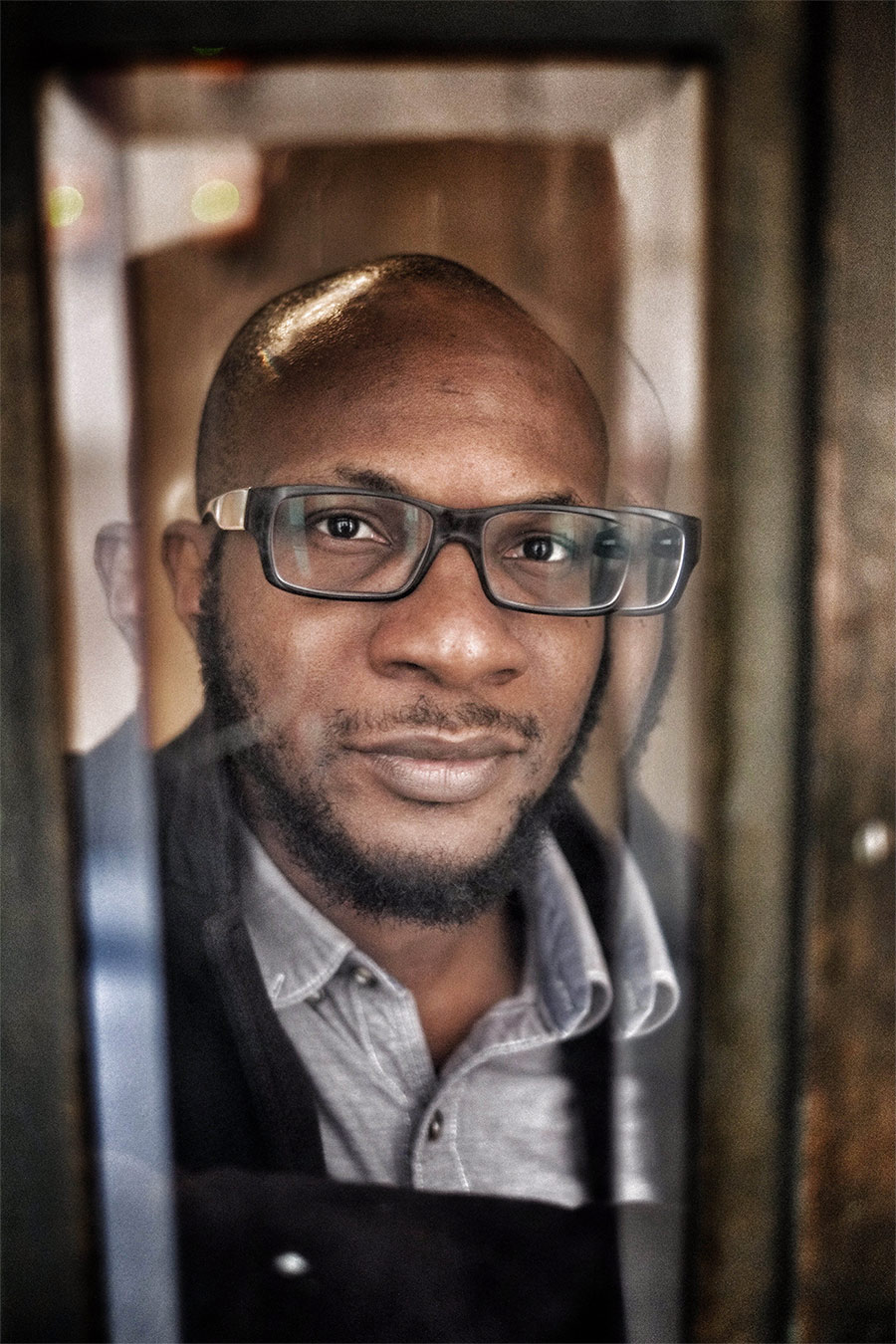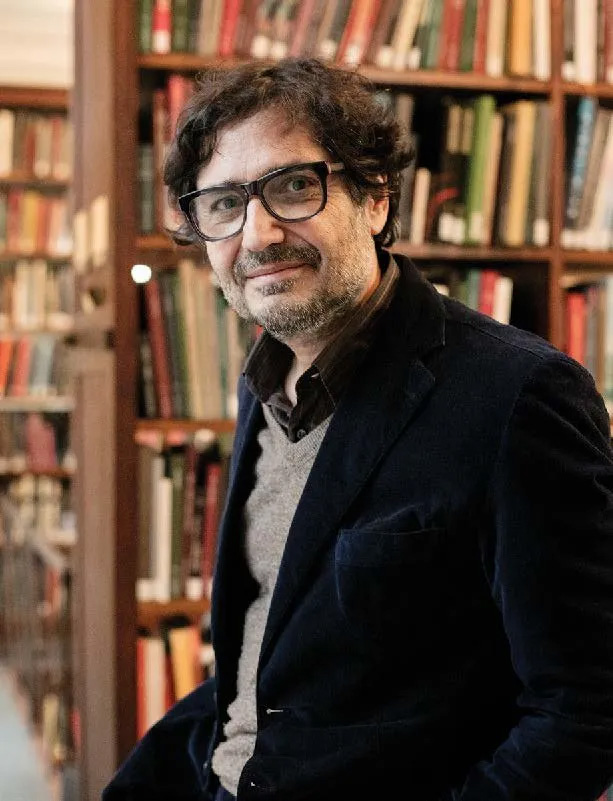This lecture is co-sponsored with Center for Israel Studies, Arab World Studies, and Middle Eastern Studies.
Contact Us
Battelle-Tompkins, Room 200 on a map
CAS Dean's Office 4400 Massachusetts Avenue NW Washington, DC 20016-8012 United States2018-19: Art & Politics
Our 2018-19 investigation brings together artists, critics, activists, and museum curators in order to explore the ways in which art participates in and structures the public sphere.


Teju Cole Presents Blind Spot
October 3, 2018 | Doyle Forman Theater
Prolific author, photographer and New York Times photography critic Teju Cole will read and show slides from his most recent work, Blind Spot. The book assembles photographs and text that chronicle Cole’s international travel in a dramatically changing world. At once a lyrical essay on place, and a collection of photographs that insist on seeing what often goes unseen, Blind Spot invites the reader to think through the radical implications of bearing witness.
Teju Cole, Known and Strange Things: Art and Activism in the 21st Century
Bishop McCabe Lecture SeriesOctober 4, 2018 | Katzen Arts Center
Teju Cole’s art practice includes photography, novels, art installations, essays and Spotify playlists. Cole will speak about the possibilities of art and activism at a time of wrenching political division. How can art enter—and transform—national conversations? What can activists teach artists about meaningful creative expression in the 21st century?

Avinoam Shalem, When Nature Becomes Ideology: Lifta’s Silence and the Suburban Landscape of JerusalemNovember 16, 2018 | 228 Battelle-Tompkins
The modern era and especially the age of European colonialism have brought with them specific agenda for the restructuring the Levant. This era resulted in the exodus, relocation, migration and expulsion of people. The destruction of cities, villages and other rural settlements, be it de jure or de facto as part of governmental plan, and, more importantly the desire to eradicate a specific histories of these sites, namely the condemnation of memory (demnatio memoriae), are the focus of this talk.
Palestine and the present state of Israel offer a large amount of historical evidence that shed new light on the history of forgetfulness in this region rich with sites of memory, and the study of the histories of these sites might help to reconstruct of a more complete narrative for this space. Professor Shalem will focus on the village of Lifta located on the western slopes of Jerusalem. The modern history of this village reflects Zionist debates about nature-scaping and urban landscaping related to the Palestinian memory of this site.
About the speaker
Avinoam Shalem studied history of art at the universities of Tel Aviv, Munich (LMU) and Edinburgh where he earned his PhD degree in the field of Islamic art. Prior to his appointment as the Riggio Professor of the Arts of Islam at Columbia University, Shalem held the professorship of the history of Islamic art at the University of Munich and taught at the universities of Tel Aviv, Edinburgh, Heidelberg (Hochschule für jüdische Studien), Bamberg, Luzern and Jawaharlal Nehru University in New Delhi. He was Andrew Mellon Senior Fellow at the Metropolitan Museum of Art in New York in 2006 and Guest Scholar at the Getty Research Center in 2009. Between 2007-2015, he was the Max-Planck Fellow at the Kunsthistorisches Institut in Florence.
Shalem’s main field of interest concerns artistic interactions in the Mediterranean basin, migration of objects, and medieval aesthetics. He has published extensively on medieval Islamic, as well as Jewish and Christian art. Professor Shalem is the author and editor of ten books, including Islam Christianized (Peter Lang, second ed. 1998); The Oliphant (Brill, 2004); Facing the Wall: The Palestinian-Israeli Barriers(Walter-König, 2011); Facts and Artefacts: Art in the Islamic World. Festschrift for Jens Kröger on his 65th Birthday (Brill, 2007); After One Hundred Years: The 1910 Exhibition »Meisterwerke muhammedanischer Kunst« Reconsidered (Brill, 2010); Die mittelalterliche Olifante (Deutscher Verlag für Kunstwissenschaft, Berlin, 2014). He has recently edited the books Constructing the image of Muhammad in Europe (Walter de Gruyter, 2013) and The Image of Muhammad Between Ideal and Ideology: A Scholarly Investigation(Walter de Gruyter, 2014), which introduce the readers to the complex history of the conceptualisation and pictorialization of the Prophet Muhammad in the West and the lands of Islam, from the early medieval times till the 19th century.
Professor Shalem has written more than one hundred articles on varied subjects including stylistic observations, document-based researches and cultural studies, historiographies and art criticism. He also researches and publishes on issues concerning Modernity in the Islamic world, especially in the Near East. He has acted as the initiator of the series of exhibitions Changing Views that were held in Munich in 2010/2011, and co-curated the exhibition The Future of Tradition: the Tradition of Future in Haus der Kunst in Munich. Professor Shalem was one of the directors of the international, Getty-supported project Art Space and Mobility in the Early Ages of Globalization: The Mediterranean, Central Asia and the Indian Subcontinent 400-1650, and is currently directing the research projects When Nature Becomes Ideology: Palestine after 1947.
